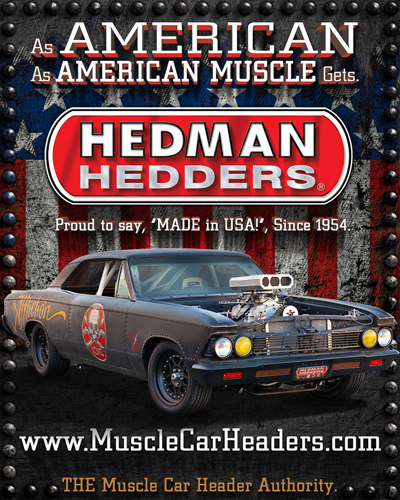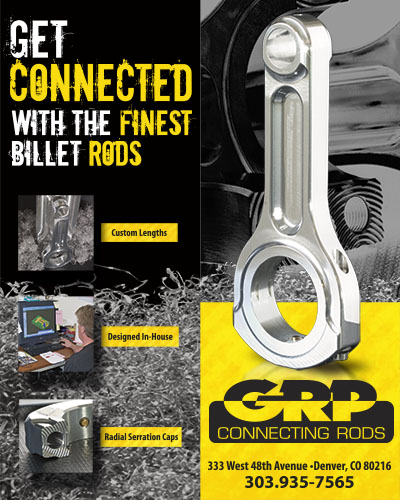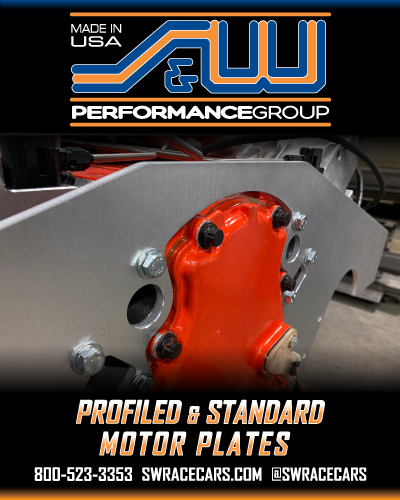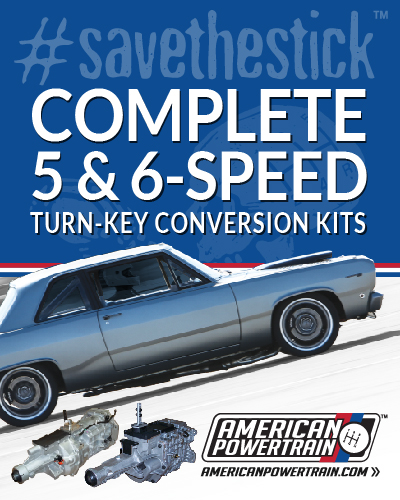DRIVERS, OWNER DISCUSS POSSIBLE PRO STOCK CHANGES
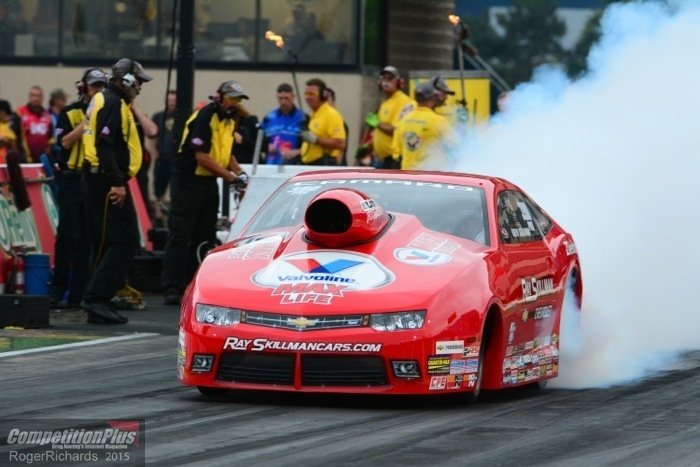
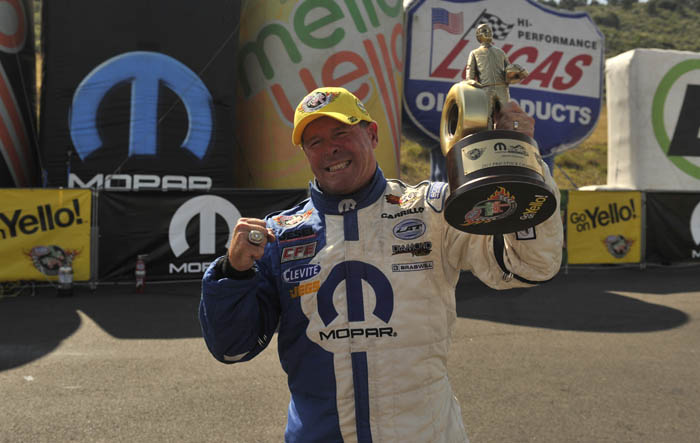
It’s no secret the state of the NHRA Pro Stock class isn’t the best its ever been.
There have many rumors floating around about possible changes NHRA might make to the class, but the sanctioning body hasn’t announced any official changes that will be made to Pro Stock, but a handful drivers and a team owner were glad to address the subject.
“I don’t really know the whole deal yet,” said Allen Johnson, the 2012 Pro Stock world champion. “I think some changes need to be made. It’s going to die on the vine if we don’t make changes. I’m not sure what the changes need to be as of yet, we will wait and see what they have in mind. We have to make some kind of changes because all of our customers are going away and people are dropping out because it’s too expensive.”
Shane Gray, who has been competing in Pro Stock since 2010, concurred with Johnson.
“Anything they do has to be better than what they are doing now,” Gray said. “It needs something. It needs change. It needs to be spruced up because what they are doing ain’t working, and it’s old and boring.”
The latest hot topic is getting rid of the hood scoops and implementing electronic fuel injection [EFI].
“If they change the motors to a different configuration, changing to EFI doesn’t do a damn thing, except get rid of the hood scoop,” Johnson said. “Then you just look like a comp car or a turbo car, and I think that’s ridiculous. The EFI, I don’t know what it will do, if it is tuning for you, it will just make everybody more equal. All I say it adds probably $100,000 per team to get it and high fast figure it out.”
Using EFI in the Pro Stock class isn’t a new concept to veteran driver Larry Morgan.

“I wanted to do it 20 years ago,” Morgan said. “Warren (Johnson) and I did fuel injection in 1992 for GM, so it isn’t like we are not aware of it. With the new technology now that’s why I kind of welcome it. I have different feelings about the cost of doing it and I worry about that. That’s my only concern is whether everybody can afford to do it because they are trying to cut cost on our racing and that’s going to add probably $30,000 to $50,000 a team.”
Richard Freeman, the owner of Elite Motorsports, which has reigning world champion Erica Enders-Stevens and Drew Skillman in its fold, also was glad to discuss the EFI question.
Five-time Pro Stock world champion Jeg Coughlin also will drive a car for Freeman’s race team at national events in Sonoma, Calif., Seattle, and Indianapolis. Rodger Brogdon also runs Elite Motorsports engine power.
“I think EFI is neat and I think it’s time,” Freeman said. “Fuel injection is sure enough a standard within all the car markets. NASCAR has went there and hell you can’t even buy a lawn mower with carburetors on it any more. I’m fine with it either way, personally. I think the Electronic Fuel Injection and the no hood scoop deal could possibly be neat for the fans. We will see. I think that’s a very viable thing that’s going to happen. I think that the fuel injection deal, at the end of the day, will save us money. You can only spend so much money on s***. You are going to have injectors and a controller and I don’t know how you could spend a whole lot of money there.”
There’s also been talk about changing the cubic inch displacement in Pro Stock engines, going to a smaller more factory-friendly engine combination.
“If they make us start running a motor that’s going to cost one third of what we now spend on engines and bring more people into the class, and give us all new customers and limit what we can do inside the motors to a degree, then I’m all ears listening to it,” Johnson said. “If EFI becomes part of that totally different engine package, then probably that is OK, but to just put EFI on our motors and make us run EFI instead of carburetors is a stupid a** thing in my opinion.”
Freeman doesn’t believe smaller engines are in NHRA’s Pro Stock plans.

“I don’t think NHRA is considering that,” Freeman said. “I think that is more of a rumor deal. I know that one of the factories, I don’t know which one, was kind of pushing for that, but I know GM is not in favor of it. You talk about saving money, that’s not going to do it, that costs millions of dollars. At the end of the day, they are talking about getting more cars and getting more people involved, and I think there are simpler ways to do it in my opinion. One of them is shortening the schedule and some other things.”
In regards to Pro Stock changes, Johnson offered this suggestion.
“Maybe take the d*** wheelie bars off of them,” Johnson said. “Do something in that regard. That was one of my suggestions, having to learn how to run the cars a little bit more by the seat of the pants. Take the computers out of them.”
Morgan also believes Pro Stock isn’t the only NHRA class having problems.
“They don’t even have enough fuel cars most of the time, they have to drag people in,” Morgan said. “It’s happening to all classes, and the only way I know how to fix all classes is NHRA coming up with more money to pay. Money fixes everything. So if you pay more money to the people, you’re going to get more people, bottom line.”
If NHRA does make changes in Pro Stock, Freeman is confident Detroit, recognized as the historic heart of the American automotive industry, will take notice.
“I think they will,” Freeman said. “I think that’s one of the reasons why we are doing this. There may be some other manufacturers jump in from some conversations that I’ve had with some other manufacturers, it could be pretty cool.”
Freeman said he also wouldn’t have any problem if some of those manufacturers were foreign manufacturers.
“I think competition is good,” Freeman said.
























